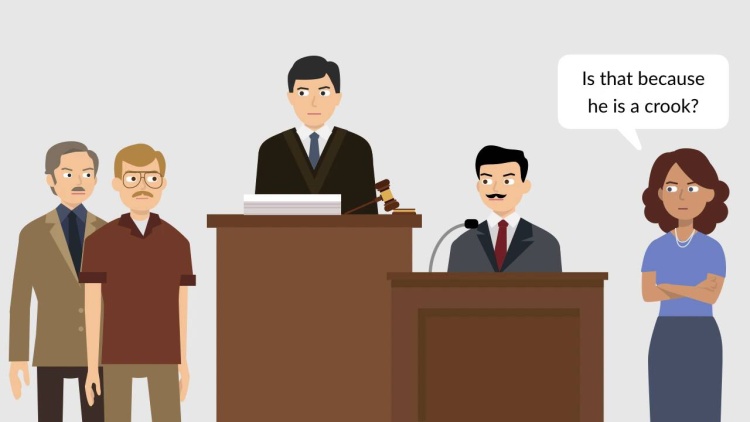Oregon v. Kennedy
United States Supreme Court
456 U.S. 667, 102 S.Ct. 2083, 72 L.Ed.2d 416 (1982)
- Written by DeAnna Swearingen, LLM
Facts
Kennedy (defendant) was tried for stealing a rug. During redirect examination of a witness, the prosecutor asked a number of questions about why the witness filed a complaint against Kennedy, including whether Kennedy was a “crook.” After sustaining a number of the defense’s objections, the trial court granted Kennedy’s motion for a mistrial. Before the retrial, Kennedy moved the court to dismiss the charges on double jeopardy grounds. The trial court held a hearing and determined that the prosecutor did not intend to induce a mistrial, and the Double Jeopardy Clause did not prohibit retrial. Kennedy was convicted. The Oregon Court of Appeals overturned the conviction and found that the retrial was barred on double jeopardy grounds due to the prosecutor’s “overreaching.” The United States Supreme Court granted certiorari.
Rule of Law
Issue
Holding and Reasoning (Rehnquist, J.)
Concurrence (Powell, J.)
What to do next…
Here's why 904,000 law students have relied on our case briefs:
- Written by law professors and practitioners, not other law students. 47,100 briefs, keyed to 995 casebooks. Top-notch customer support.
- The right amount of information, includes the facts, issues, rule of law, holding and reasoning, and any concurrences and dissents.
- Access in your classes, works on your mobile and tablet. Massive library of related video lessons and high quality multiple-choice questions.
- Easy to use, uniform format for every case brief. Written in plain English, not in legalese. Our briefs summarize and simplify; they don’t just repeat the court’s language.





